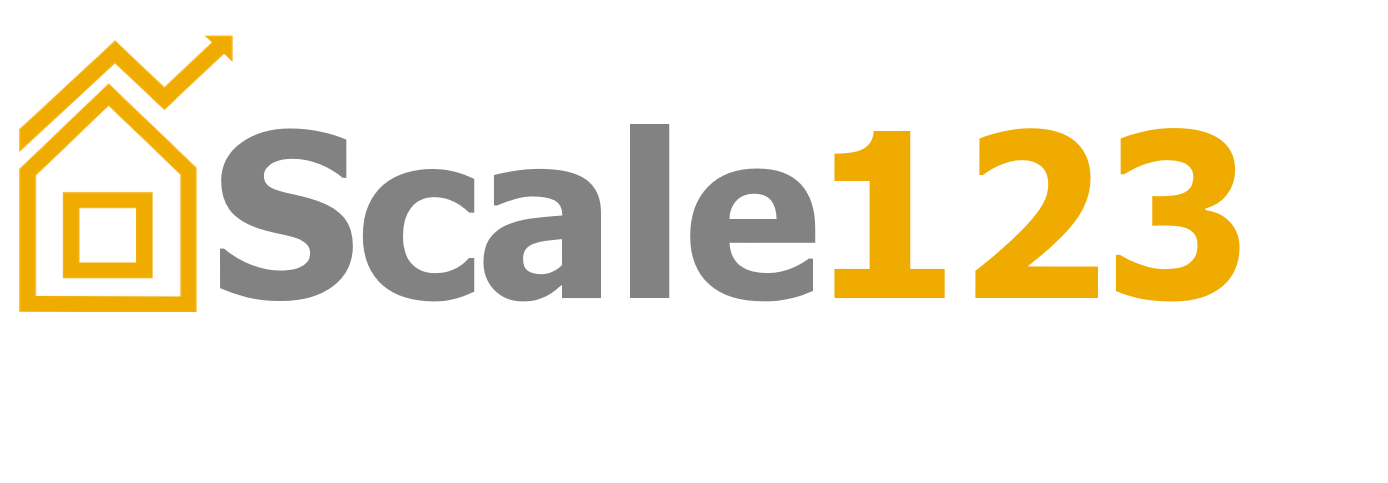To give you an idea of differently the term “Business Analytics” is used, I will describe two business school courses titled “Business Analytics” and also share my thoughts about which one might be right for the readers of this blog. You will see significantly different content covered under the same title in the two business analytics courses. One course is offered by Harvard Business School, and the other offered by Wake Forest University School of Business.
The Harvard Online Business Analytics Course
Here is a Business Analytics course offered online by Harvard Business School through its HBX program. While titled “Business Analytics”, 10 years ago the same material would have been covered in a “Statistics 201” course.
The introduction says the course “ … focuses on honing your understanding of key concepts, your managerial judgment, and your ability to apply course concepts to real business problems.”
“Participating in Business Analytics will allow you to:
- Recognize trends, detect outliers, and summarize data sets concisely
- Analyze relationships between variables
- Develop and test hypotheses to inform managerial decisions
- Craft sound survey questions and draw conclusions from samples of a larger population
- Estimate the accuracy of statistics by calculating confidence intervals
- Perform single and multiple variable regression analysis using Excel and interpret the output”
You can download the syllabus here: …
My Take on the HBX Business Analytics Course
I don’t think this course would be very useful to most of the followers of this blog. The course is essentially a statistics course. You would miss out on benefiting from business analytics if this was your primary source for learning about it.
Pros:
- Good introduction to statistics and when to apply statistics
- Useful if you will be testing hypotheses and crafting surveys for collecting data
- Right for a financial analyst or asset analyst tasked with delivering statistically valid insights on a specific topic
Cons:
- Not relevant for a managerial role. Doesn’t address the big picture. For example, why consider analytics, or the benefits of analytics, or what it takes to get value out of an investment in analytics
- It is very statistics-oriented. If you are an asset analyst or a financial analyst in a real estate / property management company, you probably don’t need to so deep in statistics.
- Doesn’t cover current and future trends in analytics
I think calling this course “Business Analytics” is over-selling it. It should be titled “Applying Statistics in Business” or something. By contrast, see the outline of the similarly titled online course by Wake Forest University below.
Wake Forest University Business Analytics Online Course
I think this course, offered by Wake Forest University, will be more relevant to the followers of this blog. Compared to the Harvard course, this one is part of the Executive Education program and is in-person, and longer in duration (and more costly). But the point here is to show you how significantly different content can be packaged under the title of “Business Analytics” in business analytics courses.
The Wake Forest Business Analytics course covers topics like:
- How business analytics can be applied to your business
- The different types of analytics and how/when they are useful
- How to create a data-driven culture and turn data into insights
- The factors that lead to success or failure with business analytics
- Current and future trends in business analytics
- Techniques for using data to generate new ideas, experimenting with solutions, and evaluating alternatives
- Practical examples of companies using business analytics in real world decision making to drive value.
My Take on the Wake Forest Business Analytics Course
This course is more relevant to my blog audience. In fact, many topics in my “Analytics Roadmap” white paper overlap the content here.
Pros:
- More relevant to the executive or manager who wants to implement analytics in their organization
- Recognizes that analytics is broader than statistics
Cons:
- The topics aren’t covered at depth. You can acquire this information from articles in publications like the Wall Street Journal, Inc. etc. However, this depth is sufficient for an introduction.
- It doesn’t teach you techniques for analyzing data and drawing conclusions
The two business analytics courses are designed for different audiences. If you are a manager, the Wake Forest course is more relevant. If you are a financial analyst or asset analyst who is already using Excel daily, the Harvard course will take you deeper into statistical methods.


